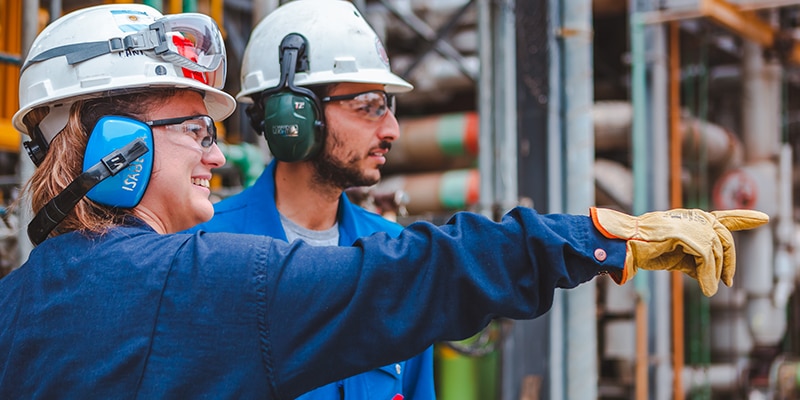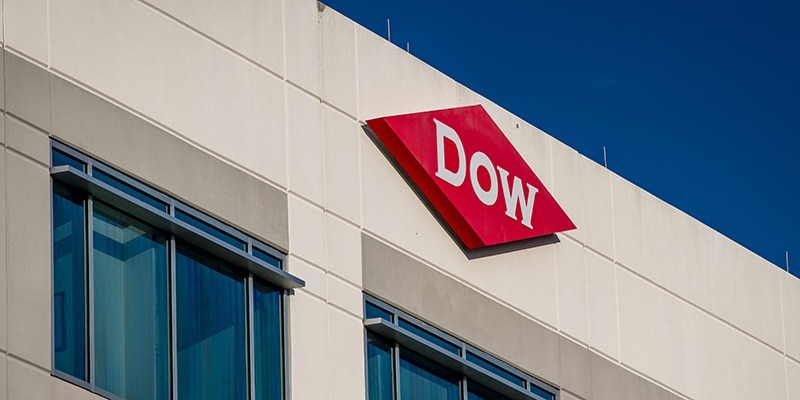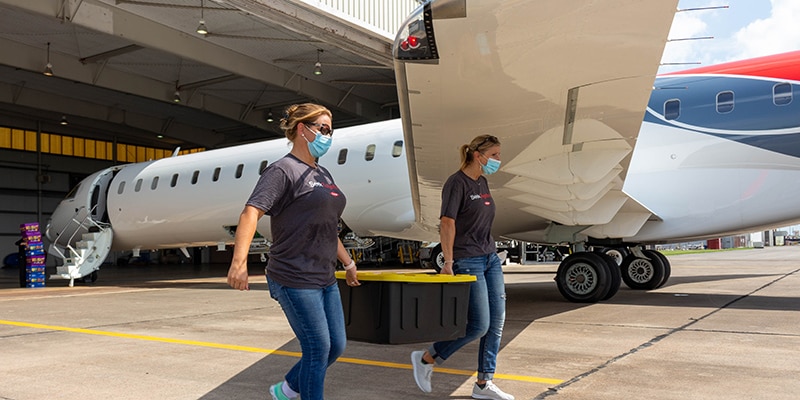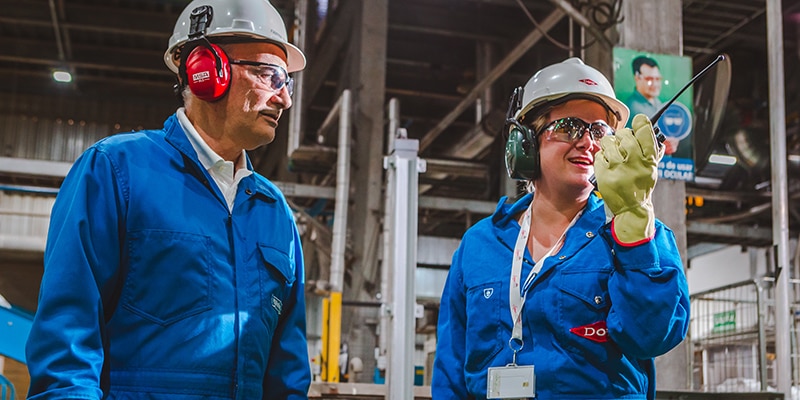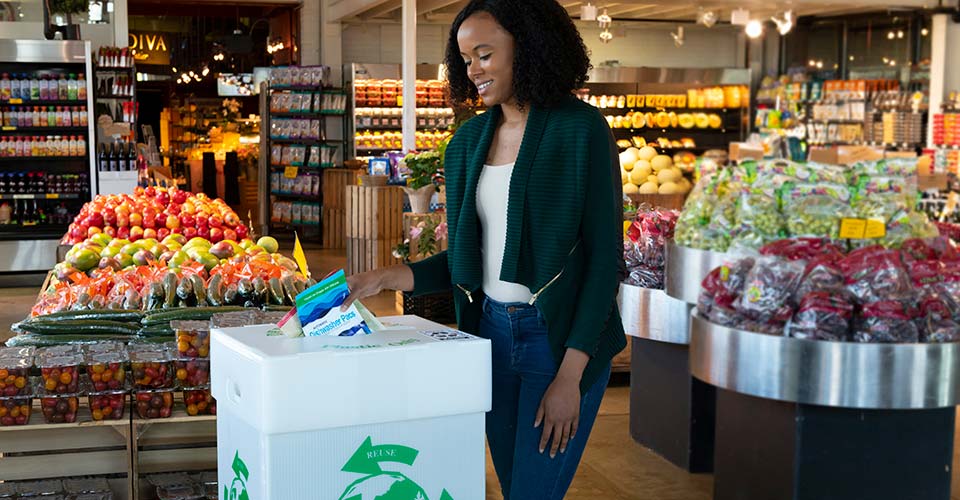
REVOLOOP™: Building a circular
economy, step by step
As consumer brands and retailers pledge to use more recycled plastics in their packaging, our REVOLOOP™ platform is helping support this effort by enabling high-quality mechanical recycling.
Fueled in part by consumer and regulatory pressures, demand is growing for packaging that is easy to recycle and incorporates more recycled content. According to an Ellen MacArthur Foundation report, consumer packaged goods companies, retailers and packaging producers have committed to increase recycled content in their packaging to an average of 25 percent by 2025. Dow has set a target to enable 100 percent of our products sold into packaging applications to be reusable or recyclable by 2035.
But incorporating recycled materials into packaging presents challenges. Recycled plastic packaging must meet the same technical and safety standards as new virgin plastic – standards that are higher for food packaging. Plus, high-purity post-consumer recycled (PCR) materials do not yet exist on the scale required to meet demand, so these raw materials can be pricier.
“Incorporating recycled materials into packaging requires significant application development efforts to ensure the final properties of the packaging structures are maintained,” said Carolina Mantilla, the Latin America sustainability director for Packaging and Specialty Plastics at Dow. “Our REVOLOOP™ platform exemplifies our efforts around the world to help enable the mechanical recycling process and close the loop on plastic waste– from our designing for recyclability to the incorporation of high-quality recycled materials into packaging.”
Closing the loop
Dow is collaborating across the plastic and packaging value chain to help enable mechanical recycling and increase plastics circularity – starting with the recyclers who collect and process plastic waste and ending with the brand owners whose packaged goods appear on store shelves. A goal is to build a self-reinforcing closed loop, where advances in collection, sorting and reprocessing for recyclable plastics create new opportunities for converters and brand owners to make affordable, high-quality PCR products, and where advances in materials science contribute to easier-to-recycle and higher-value PCR packaging applications that help improve recycling rates and the economic feasibility of plastics recovery.
“We are just getting started. We are facing a complex and systemic challenge that will require systemic solutions,” Mantilla said. “The economies of scale and the right technology will likely help to balance the gap between PCR supply and demand that we are seeing now.”
Here are examples of how the REVOLOOP™ platform enables technologies, partnerships and developments that support incorporating PCR into everyday plastics packaging:
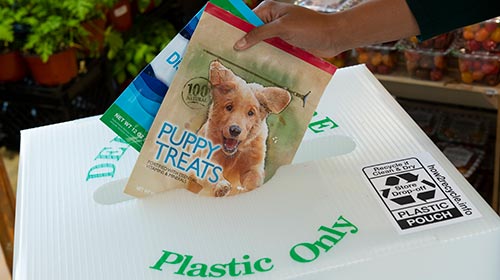
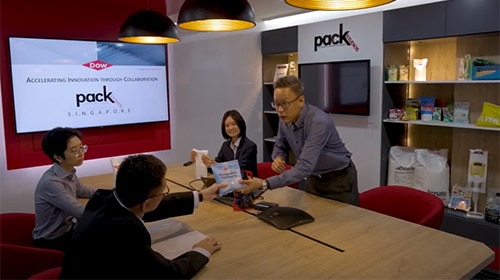
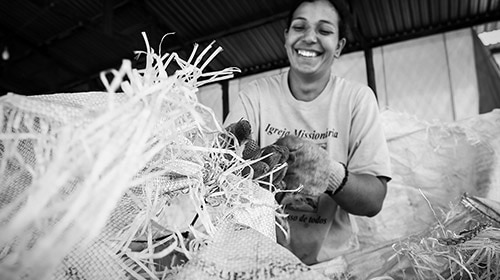
- image-1
- Image-2
- Image-3
Incorporating more recycled material into packaging will help brand owners (and Dow) meet their sustainability commitments but also could be a differentiator among consumers. In a global survey by McKinsey, a majority of respondents said they would be willing to pay more for sustainable packaging across end-use areas.
“We think this opens a door for the brand owners to position and promote their products in a different way, enhancing the recycling content as a key element of the value proposition of their products,” Mantilla said. “Demand for PCR products – honestly, any sustainable package solution – continues to increase. Dow is responding by collaborating across the plastics value chain to integrate solutions. Already, 81 percent of our products for packaging applications are reusable or recyclable. Our goal is to deliver on our sustainability targets while continuing to grow our business.”

